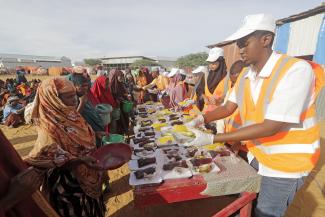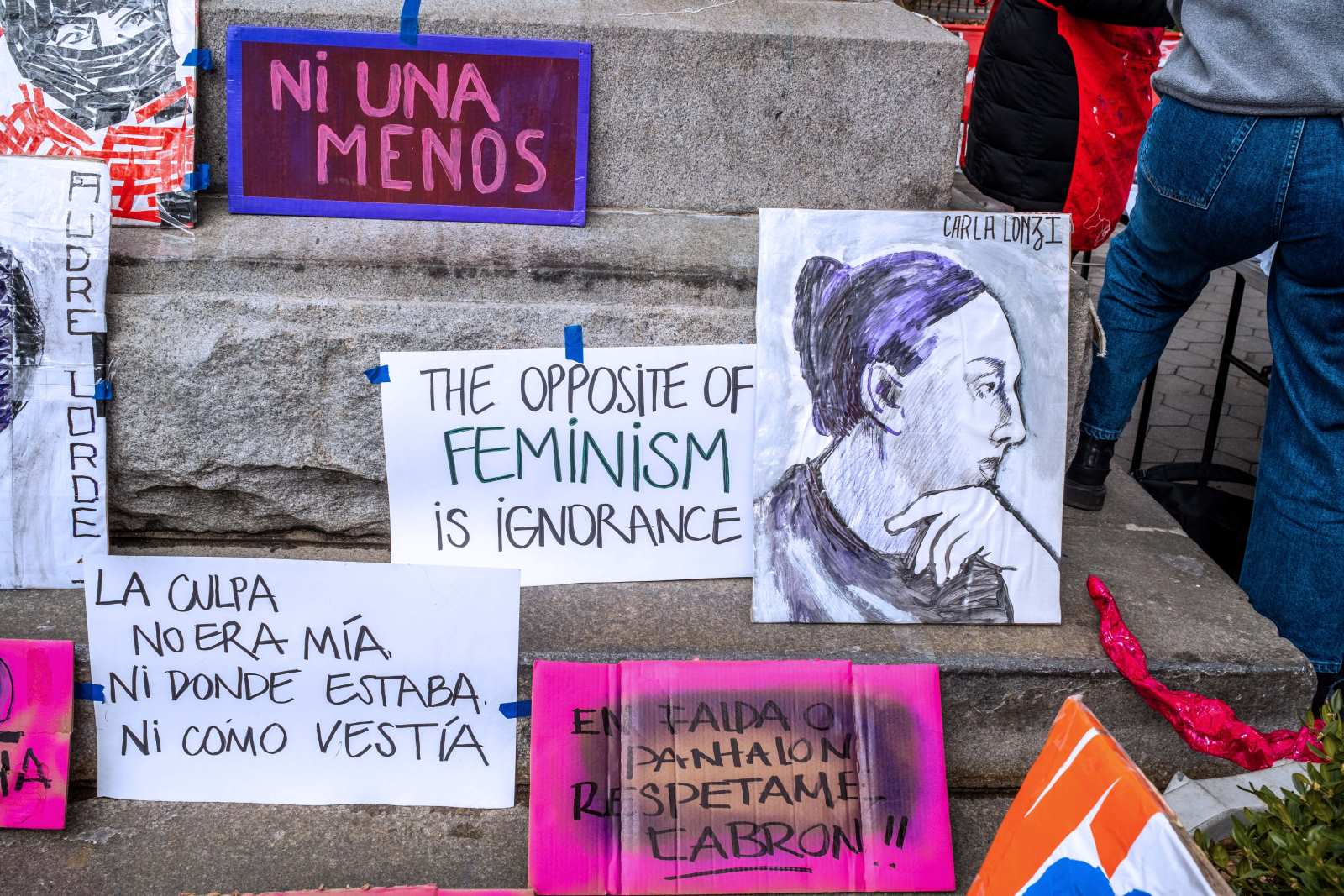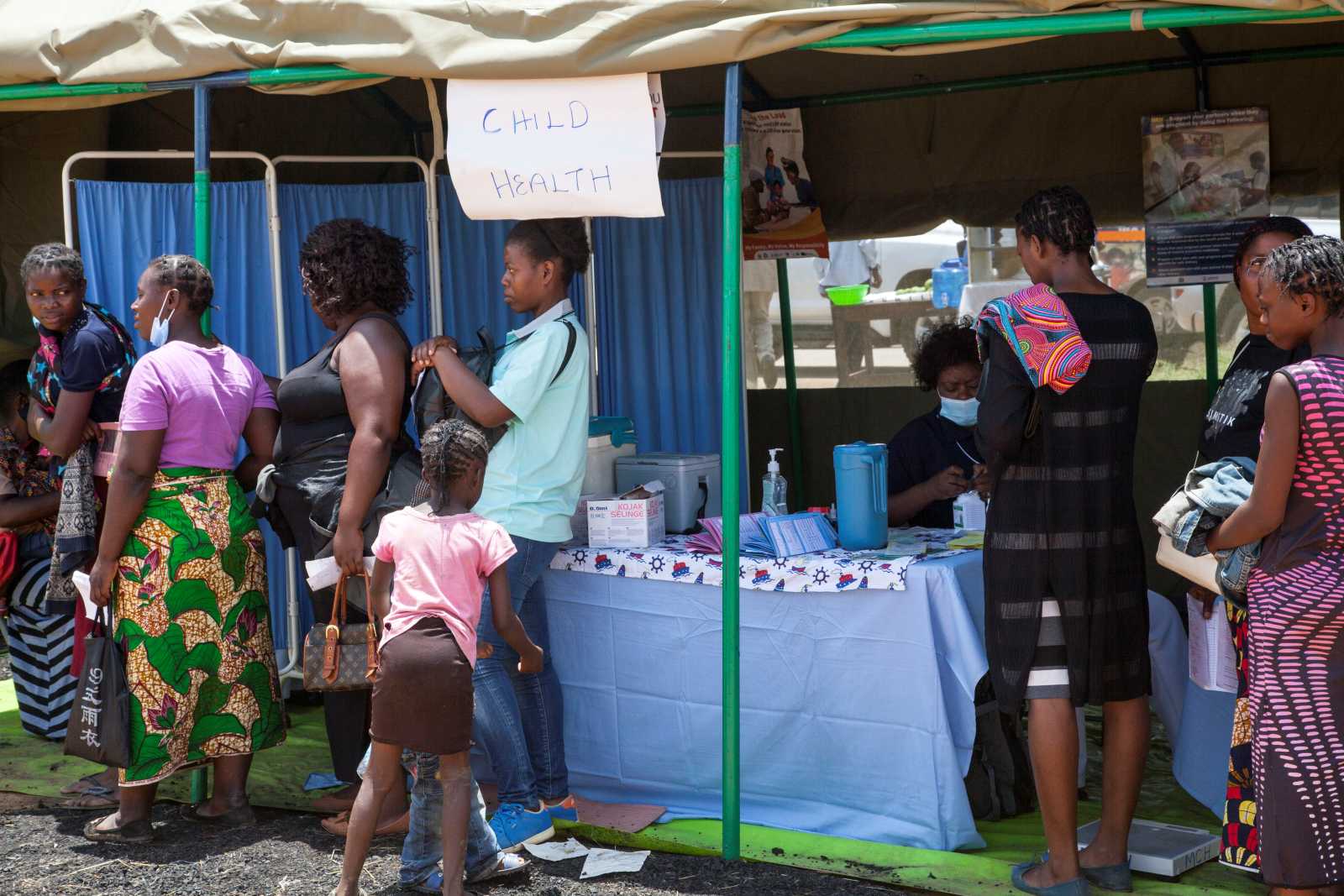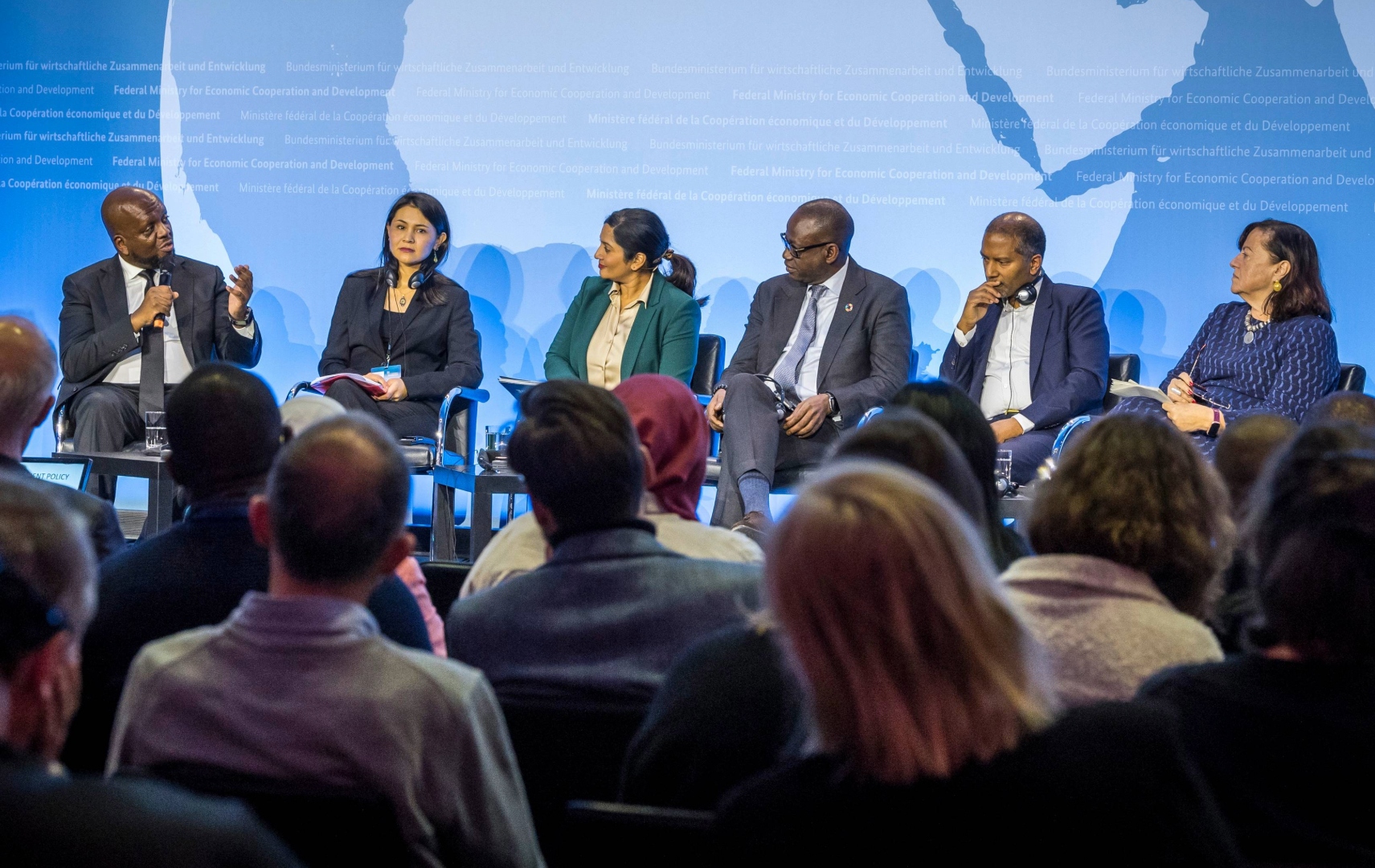Decolonisation
Colonial legacies still mark development affairs

Typically, developmental projects result from transactional contracts with one side paying money and the other side receiving something. Such a scenario cannot appropriately be described as an equal partnership. Indeed, equality rhetoric is misleading, according to Chilande Kuloba-Warria, the founder-director of the Nairobi-based Warande Advisory Centre, a consultancy that serves civil-society organisations. Kuloba-Warria insists that there is still “us and them” in developmental affairs. She explains that, from her point of view, „they“ mostly means people from aid-providing countries, while „us“ stands for people who receive aid.
Kuloba-Warria opposes “white washing”. That is the term she uses for attempts to camouflage unequal power relations with inclusive vocabulary. She reports that white representatives of non-governmental organisations tend to be fond of such language, though there would actually not be any international development cooperation if power relations were indeed equal. According to her, claims to be colour blind amount to a denial of reality. She appreciates that those who do so normally have good intentions. Nonetheless, they fail to see the challenges people of colour face. Ultimately, Kuloba-Warria says, acknowledging reality is an issue of respect.
The colonial past still has impacts on development cooperation today. In an acknowledgement of an appropriate process of decolonisation not having taken place yet, VENRO, the umbrella organisation of non-governmental German development organisations, hosted an online event in late August and launched the English version of a report on the matter. The German version was published last year and is based on interviews with NGO staff. The interviews were conducted by Katja Dombrowski, a former member of D+C’s editorial team. Kuloba-Warria has written a related publication and shared her insights during the VENRO event.
These challenges are nothing new. More than 30 years ago, the “post-development” school emerged among scholars. At the time, the anthropologist Arturo Escobar and the sociologist Wolfgang Sachs were among those who declared that the concept of development had failed. Moreover, they read it as an extension of colonialism. Aram Ziai of Kassel University is a current author who adheres to this intellectual tradition. He shared some of his views on www.dandc.eu in the summer of 2020. In a previous publication, however, he had acknowledged that development concepts sometimes include liberating elements that critical observers tend to neglect.
Tapping the progressive potential
The prefix „post“ sometimes causes confusion in this context, admits Sina Aping of a Berlin-based independent organisation (Berliner Entwicklungspolitischer Ratschlag – BER). She explains things using the word „postcolonialism“. The message is not that colonialism is entirely a thing of the past, even though the countries concerned have formally gained sovereign statehood. Aping insists there is still a need to overcome many colonial legacies that shape people’s attitudes today. This kind of decolonisation requires people to regularly confront their personal prejudices. Training courses can help, and so can the diversification of leadership positions. Aping bemoans that decolonisation does not figure in the UN agenda of the Sustainable Development Goals (SDGs).
In a similar vein, post-development does not mean that the era of development policies is over. The challenge is to tap the progressive potential.
Kuloba-Warria argues that local-level decolonisation is particularly important. Project plans must reflect the knowledge and desires of the people whose situation a project is supposed to improve. Local knowledge and existing capacities must not only be respected, she demands, they must be employed. One implication is that donor agencies must become more flexible in regard to rules, procedures and key indicators. In other words, Kuloba-Warria wants them to become less risk averse. The VENRO report similarly recommends the reduction of bureaucratic burdens as a step towards decolonisation.
Kuloba-Warria insists that unequal power relations are fundamental in any setting of donors and recipients, and that such settings are especially conducive to the persistence of colonial legacies on both sides. Quoting an interviewee from her publication, she points out that “he who has and controls resources will always wield the power.”
Links
Dombrowski, K., 2022: Shifting Power. How development and humanitarian NGOs can address the consequences of colonialism in their work. Berlin, VENRO (6 MB, German version available).
https://venro.org/publikationen/detail/shifting-power-how-development-and-humanitarian-ngos-can-address-the-consequences-of-colonialism-in-their-work
Kuloba-Warria, C., 2023: Implications of the Istanbul principles and the DAC CSO recommendation on enabling civil society for ICSOS.
https://csopartnership.org/wp-content/uploads/2023/04/Implications-of-Istanbul-Principles-and-DAC-recommendations-on-enabling-civil-society-v1.pdf
Katharina Wilhelm Otieno is a member of the editorial team of D+C/E+Z.
euz.editor@dandc.eu

















